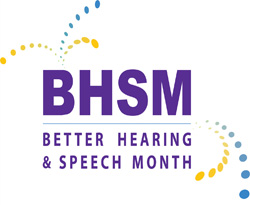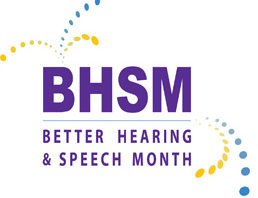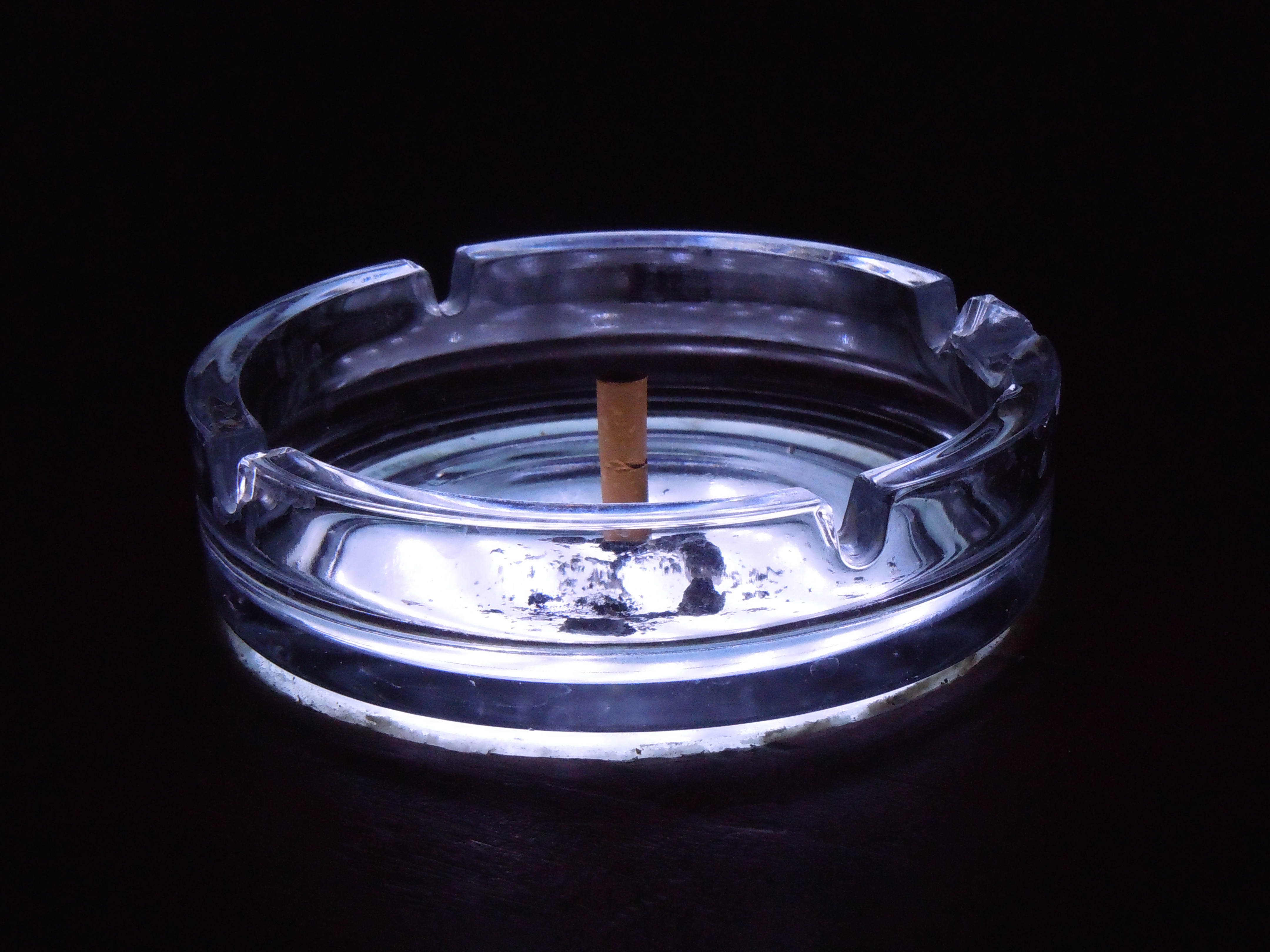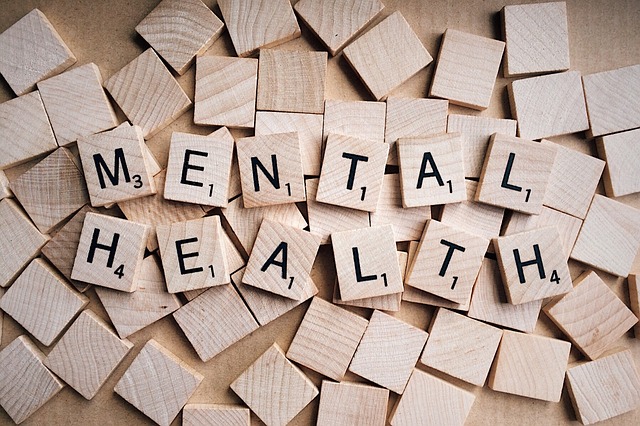Last Updated on October 21, 2024
 Since 1927, May has been Better Hearing and Speech Month. Established by the American Speech-Language-Hearing Association (ASHA), the month of May is used to raise awareness about hearing and speech problems, encouraging people to analyze their own hearing and speech, and take action if they think there might be a problem. Knowing the signs of hearing loss and speech-language disorders is important for individual adults as well as parents of young children.
Since 1927, May has been Better Hearing and Speech Month. Established by the American Speech-Language-Hearing Association (ASHA), the month of May is used to raise awareness about hearing and speech problems, encouraging people to analyze their own hearing and speech, and take action if they think there might be a problem. Knowing the signs of hearing loss and speech-language disorders is important for individual adults as well as parents of young children.
There are many signs of hearing loss in both adults and children. Adults may notice a buzzing or ringing in their ears, persistent ear discomfort after hearing a loud noise, or muffled hearing as indication they may be losing their hearing. Their peers may notice inattentiveness or failure to respond when spoken to, or that a person avoids conversation, is isolated, or depressed. Children experiencing hearing loss may display lack of attention to sounds such as not responding to their name or following directions, pulling or scratching at their ears, or difficulty in school.
Recognizing the signs of speech or language disorders can also differ slightly in adults and children. Infants and young children may not babble, smile, or interact with others. They may make very few sounds or gestures, such as pointing. Having trouble putting words together to make sentences or playing with other children can also be sign that they may have a language disorder. Adults with speech language disorders may exhibit with stuttering, slurring, or aphasia—struggling with using words or saying words in the wrong order.
NeedyMeds has information for several resources for those with hearing loss and speech impairment in our Diagnosis-Based Assistance database. In a previous blog post, we discussed state grants for assistive technology including specialized telephones for those with hearing loss or speech impairment. NeedyMeds also has information on camps and retreats available for those who are hard of hearing. For more information, visit NeedyMeds.org or call our toll-free helpline at 1-800-503-6897.





